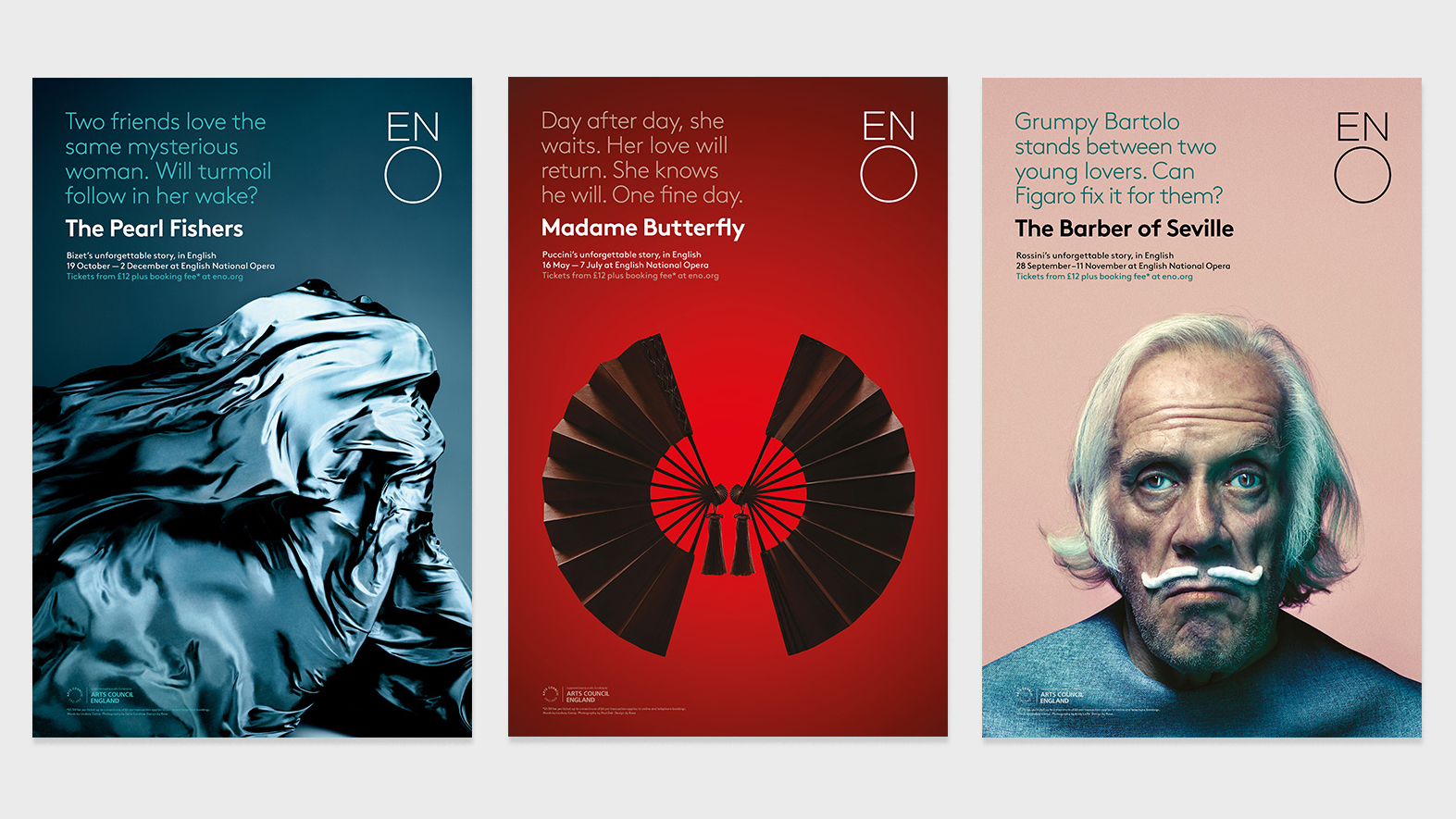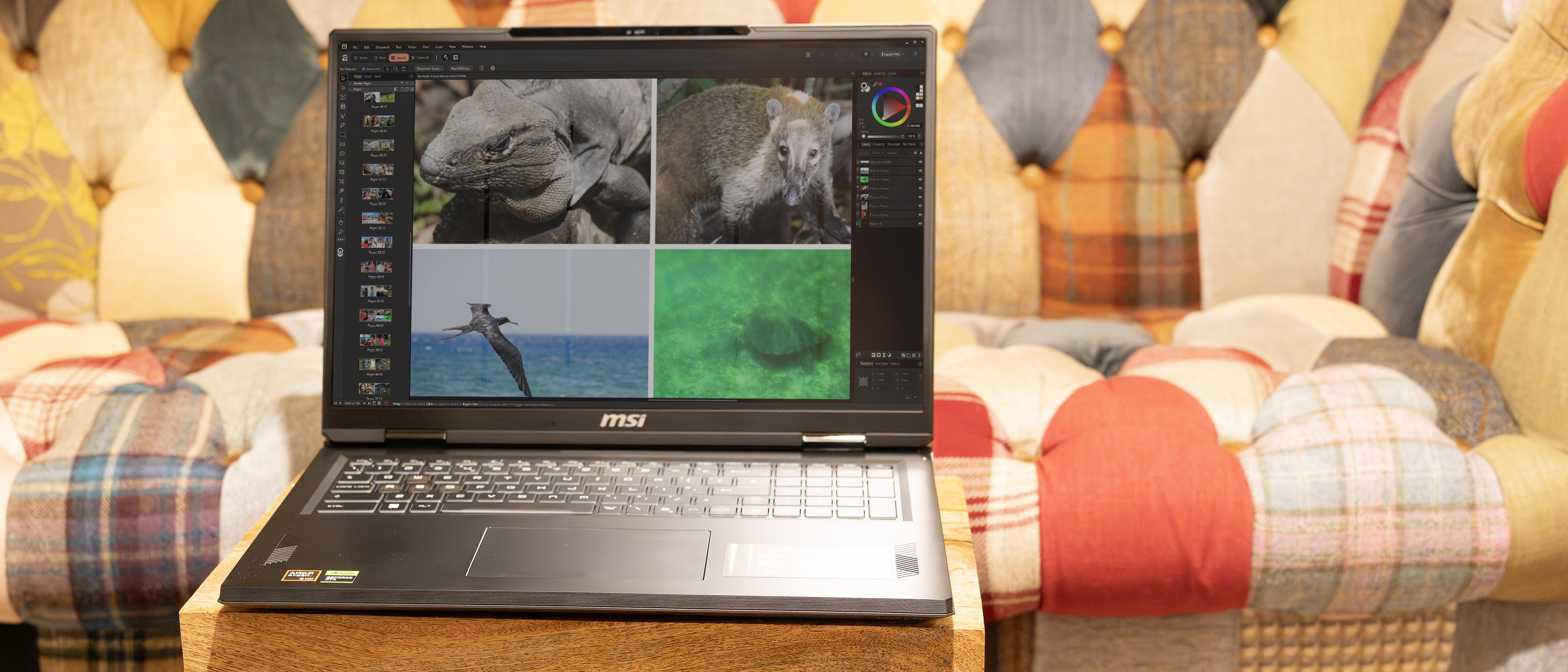The designer’s guide to Brexit
Strap in and prepare yourself for the unknown future of life outside the EU with our pro advice.
We conclude our design studio’s guide to Brexit with some general advice for weathering whatever may be on the horizon in the short, medium or long-term for your creative business.
When it comes to a deal, EU law expert Michael Dougan is far from optimistic: “The chances of a new trade relationship being in place by 30 March 2019 were never better than zero,” he insists. “And thanks to the UK Government’s consistent mishandling of the negotiations, the chances of securing even a basic transitional deal are fast receding too.”
“As Michel Barnier has warned again and again: the UK’s real transitional period began on 29 March 2017,” adds Dougan. “The time for everyone to make their preparations is now.”
So what, as a creative business, can you actually do to prepare? Read on for five tips to help your studio thrive despite ongoing uncertainty…
01. Focus on creating great work
For many, the key to navigating this quagmire of uncertainty is brutally simple: prove your creative prowess, and that your ability to attract clients is because of your work, not your country of origin.

“Until things are clearer, the only insulation we believe in is great people doing great work,” shrugs Taxi’s Adam Ray. “It’s got us to where we are, and we trust it’ll drive our business forward over the coming years. Why? Because impactful, effective design is good for everyone.”
“Like everyone else, we’ll fly the flag for the UK creative industry by working bloody hard to deliver a great product,” agrees Music’s Sue Strange. “We’ll network our socks off, and keep our fingers well and truly crossed.”
Daily design news, reviews, how-tos and more, as picked by the editors.
02. Seek out out the very best clients
Ultimately, design is a service industry - driven by client demand. Don’t let Brexit dampen your ambitions for thinking globally and pitching high.
“GBH continues to work well with EU clients, and we see no reason for that to decline, but rather every opportunity for that to thrive,” believes Mark Bonner.

“Indeed, it’s possible that GBH could work entirely with overseas clients within five years,” he continues. “If we continue to find non-UK clients with open minds and wonderful projects, then we will go to the ends of the earth to work for them. If we can still find them at home, we would be doubly delighted.”
03. Be sure to hedge your bets
SomeOne works across a huge range of client sectors, and Simon Manchipp warns against putting all your eggs in one basket as a studio.
“It’s a great way of screwing up a business,” he argues. “We keep things broad. We are not overly reliant on any one sector: client or country. We have always done this, and it helps weather any storm as well as keeping things more interesting and fun.”
“Stay lean. Stay agile. Work with a broad spectrum of projects across many disciplines, sectors and locations,” is Manchipp’s advice.
Rose also boasts a significant proportion of overseas clients, and Simon Elliott advises following suit to keep the opportunities broad and avoid relying too heavily on domestic business, especially in sectors which could be hit harder by Brexit.

Unlike SomeOne, however, Elliott doesn’t believe in diversifying Rose’s offer. “On the contrary, we are looking to tighten it up even more, so that international clients come to us specifically because they want what we specialise in,” he adds.
04. Have confidence in design’s resilience
“Design is a barometer of the economy,” believes Manchipp. “We feel financial fluctuations first. We are the first to falter and the first to fly. It's design’s ingenuity that gets it in the room quickly, and enables it to recover rapidly.”
Sue Strange agrees that the design industry is by nature a positive force on the economy, and can help address the bigger issues at hand for the country if given the investment it needs.
“Creative and tech industries have a huge part to play in bolstering towns and cities decimated by austerity in the UK,” she believes. “Some might say this decimation played a sizeable role in the Leave vote.”

“The government needs to pull its finger out, invest in education in our sector, and future-proof the UK talent pool for generations to come,” she adds. “Better off out? No. But with smart and sustained investment in our future talent, we’ve got a fighting chance of not going backwards.”
05. Help shape the future of UK design
Until negotiations conclude, no-one knows what Brexit will bring. All of the agencies we spoke to are optimistic that they can survive and thrive in whatever climate they are left with, but they universally condemn the Brexit decision, which Simon Manchipp derides as a “dumb move”.
“I can see no benefit to what amounts to shooting oneself economically in the foot for dubious ‘sovereignty’ and ‘immigration’ reasons,” agrees Michael Johnson, and while Mark Bonner can see some immediate benefits, he cautions against navel-gazing as an industry.
“I think the biggest danger is that the UK creative industry forgets to market is tremendous qualities to its EU, US and Asian neighbours, and becomes an insular service industry working within its own borders,” he says. “But given its global reputation, and the intellect of its people, I cannot see such a lack of vision being likely.”
“I don’t think Brexit will affect our global standing as design leaders,” agrees Simon Elliott. “On the contrary, if working in Europe becomes more difficult for successful UK-based design companies, we’ll look further afield. It won’t change the quality of what we do, it’s only likely to affect the geography and demographic who buy it.”
Related articles:

Nick has worked with world-class agencies including Wolff Olins, Taxi Studio and Vault49 on brand storytelling, tone of voice and verbal strategy for global brands such as Virgin, TikTok, and Bite Back 2030. Nick launched the Brand Impact Awards in 2013 while editor of Computer Arts, and remains chair of judges. He's written for Creative Bloq on design and branding matters since the site's launch.
